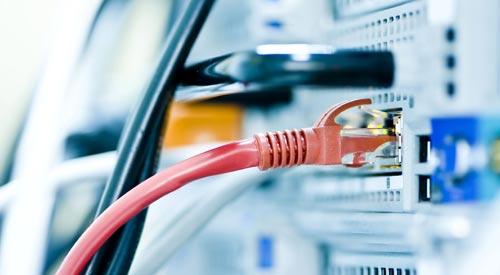Purposeful, Responsible, and Open Smart Cities
Data-Smart City Solutions: We are in the early days of smart cities which fuse the physical and the digital realms, enabling people and autonomous systems to respond in real time to vast amounts of new data. The inputs: sensors, drones, video cameras, and other urban instruments that will gather data about the movement of people and monitor our built and natural environments. The expected output: cities more capable of achieving their priorities related to sustainability, resilience, and operations, and citizens better prepared to navigate their cities and services. Like the beginning of any trend, uncertainty reigns.
This new model requires the widespread use of advanced analytics techniques that allow cities to process and act upon data in real time, resulting in efficiencies in transportation, energy, water, waste management, and other services. Data from urban instruments will be integrated with administrative and operational data (e.g., health, housing, transit), allowing policymakers and scientists to discover new insights about urban systems. Residents can make data-informed decisions in their daily lives (e.g., commuting) and will be empowered by data to effect change (e.g., improving air quality). In this scenario, technology will provide critical solutions to challenges associated with rapid urbanization. Our transportation systems and public facilities will become more sustainable, lowering the carbon footprint of cities. And through better management of infrastructure, our cities will become more resilient to disruptions — from manmade and natural disasters to routine challenges like snowstorms and potholes.
Tags
Share
Top Stories
- Future-proofing smart cities with open standards
- 5 States Challenged the Federal Contractor Wage Increase and Lost
- States should follow feds in Chinese tech bans
- A new initiative seeks to help small cities access infrastructure funding
- Governments view open source as critical for enhancing digital services, experts say
- More States Move to Ban TikTok from Government Devices
- Cyber, digital services, workforce primary focus for state CIOs in 2023
- Virginia has a data center problem
- Efficient public safety demands evolving tech
- Digitized services drive citizen satisfaction
- State chief information officers are handling much more than just tech
- States target mainframes in legacy system modernization
- How one city’s IT team keeps up with rapid growth
- How one agency’s cloud migration smoothed the path for others
- NASCIO: States must ‘hyper-focus’ on IT modernization
- Louisiana Becomes First State to Receive Internet for All Grants
i360Gov Newsletters
The most significant government policy, business, and technology news and analysis delivered to your inbox.
Subscribe NowTrending
- Mayor launches IT modernization to boost services delivery
- Local government on the edge: The future of IT infrastructure
- Digitized services drive citizen satisfaction
- Why cities and towns see a huge economic opportunity in the semiconductor bill
- New York state pumps the brakes on crypto mining
- The best offense is a strong defense: Improve cloud security with visibility and zero trust segmentation
- How state and local leaders can use data to ensure broadband access for all
- Over $105 Million Going to Better Internet for Native American Communities


















